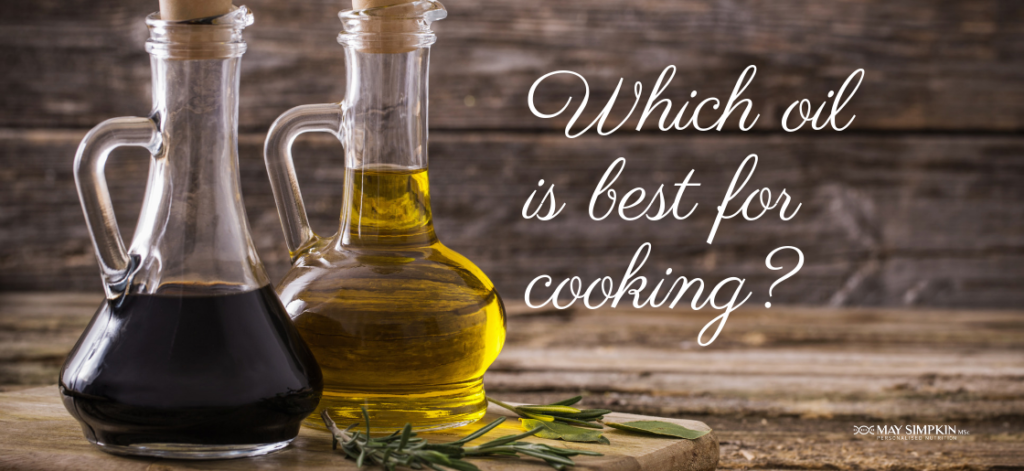
I’m often asked which is the best oil for cooking? With so many oils available on the supermarket shelves, it can be very confusing knowing which one to choose to cook with. Should you be using butter or should you choose a vegetable-based oil, such as sunflower oil, instead? How about Ghee, coconut oil or olive oil?
There is a lot of talk about the harmful effects of eating fats, with many lingering beliefs that fat should be limited in the diet. This is absolutely not the case and indeed, choosing low-fat, 0% fat or reduced-fat options is often unhealthier, due to their higher sugar content.
In fact, there are a group of fats called Essential Fats, which in terms of nutrition, means that these fats, mainly Omega-3s, must come from the diet; in other words, your body cannot make these and therefore must be consumed. These fats are found in oily fish, such as Salmon, Herring, Sardines and Mackerel as well as avocados and walnuts.
However, whilst it is essential that you include these healthy oils in the diet, the oils derived from these foods may not necessarily offer the best choices to use for cooking.
Choosing the right oil depends upon what you’re using it for?
In the first instance, choosing the right oil depends upon what you’re using it for. The best oil for cooking may not be the best one to use for a salad dressing, for example. The main criteria to determine which oil is best for cooking are how it behaves when it’s heated and whether heating the oil produces potentially harmful compounds.
The Smoke Point determines which oil is best for cooking
The point at which an oil starts to burn and produce smoke is known as the “smoke point” and this is one of the most important factors to consider. If oil is heated past its smoke point, as well as affecting the flavour, it will produce harmful compounds called free radicals that can be dangerous.
At a glance….
Olive oil
Be sure not to overheat…keep in mind phrases like “moderate heat” and “gently sauté”. For cooking around 180C, olive oil is fine to use but avoid if you’re frying at higher temperatures and definitely discard if you’ve allowed it to overheat and smoke.
Rapeseed oil
This is a great all-purpose neutral-tasting oil that has a good smoke point; suitable for cooking a higher temperatures over 200C
Ghee
Ghee is clarified butter, butter that has had the milk solids removed. As such, without moisture, the saturated fat has a high smoke point and is ideal for cooking up to around 250C. It is worth noting that as it doesn’t contain milk solids, it is lactose-free and a good option for those with lactose intolerance.
Coconut oil
This is a saturated fat and can be used at high temperatures (around 220C). It works well for gentle frying and baking.
Sunflower oil
This oil is another good general-purpose oil that is stable up to around 225C. However, it has pro-inflammatory properties so ideally used in combination with other oils like olive oil.
Groundnut (peanut) oil
This oil has a mild nutty flavour and a high smoke point, so works well for cooking quickly at high temperatures, eg stir-fries
Grapeseed oil
Made from seeds of grapes, this neutral-tasting seed oil has a fairly high smoke point, so can be used for sautéing.
And finally….
Vegetable oil
Whilst being a very common oil, it’s typically a blend of refined oils and is ideally avoided. They are highly processed and may contain additives to make it more suitable for mass frying in fast food outlets and food manufacturing. Extraction methods that can also utilise chemical solvents.
I’m not a fan!
In this short video, I explain my choices and offer my advice as to which is the best oil for cooking, as well as for other uses.
[Have you subscribed to my YouTube Channel – SUBSCRIBE HERE]
Nutritional Nugget
Fats are made up of different types of fatty acids; monounsaturated, polyunsaturated and saturated fats and each oil we use will come under one of these categories. Olive oil, for example, is a monounsaturated fat whereas butter and coconut oil are saturated fats.
We need to eat fat in our diet; it should make up around 20-35 per cent of our daily calories. Our cell membranes are made up of fat, so if our cell integrity is not good, this will have an impact on how well we absorb nutrients. Fat is also essential for good nerve, brain and skin health.
Ghee once vilified as fat to use in cooking has now risen in rankings and is even considered an elixir of health. CLICK HERE to read more.
For a deeper insight into the science of cooking oils, to help you decide which are really the healthiest, CLICK HERE
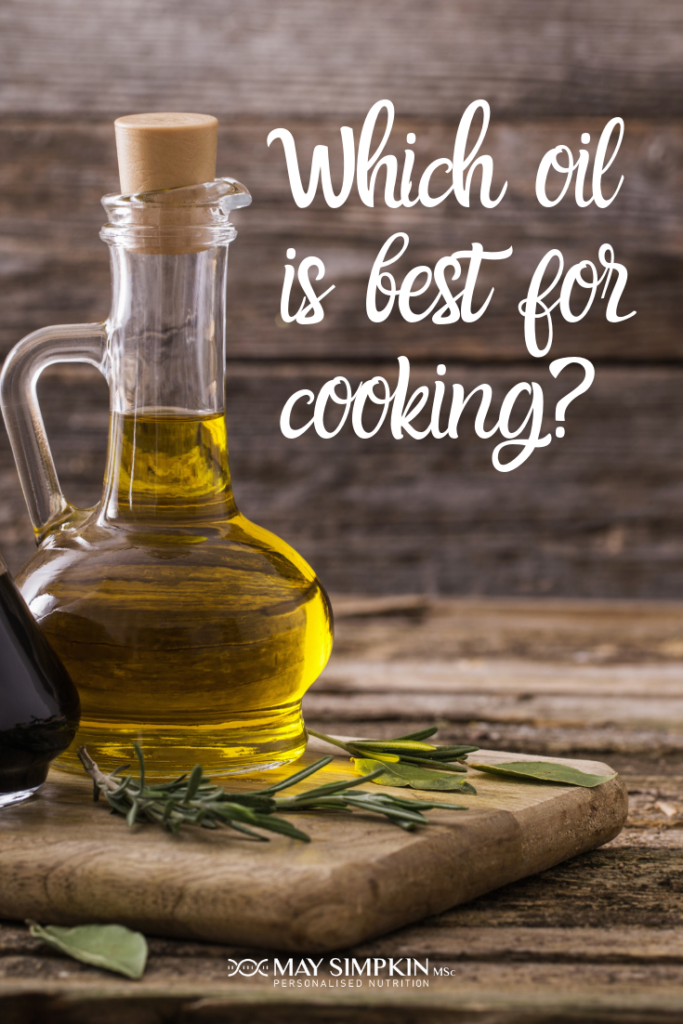
Updated March 2023



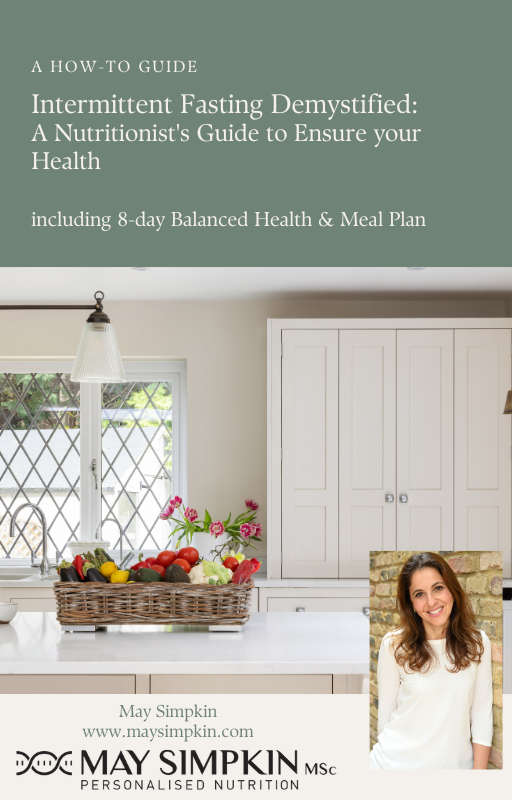


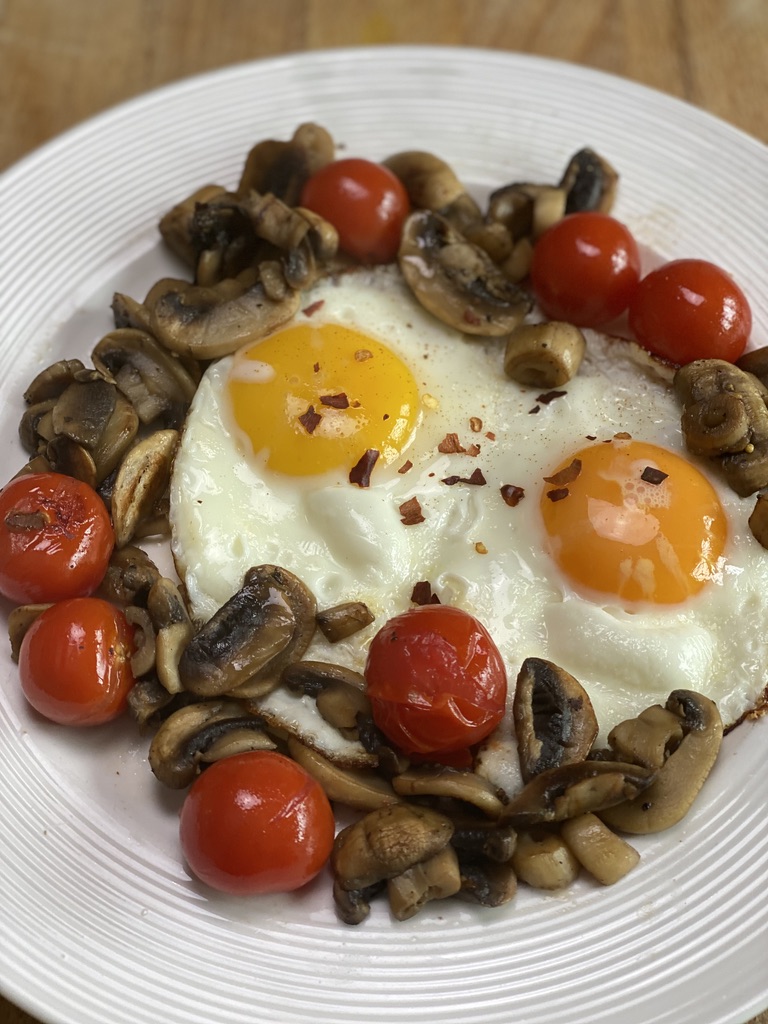
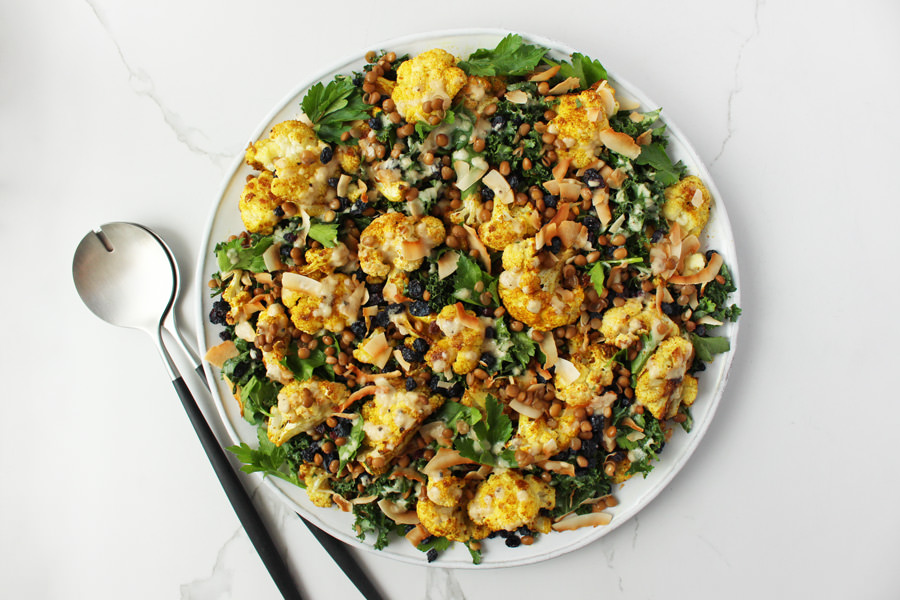
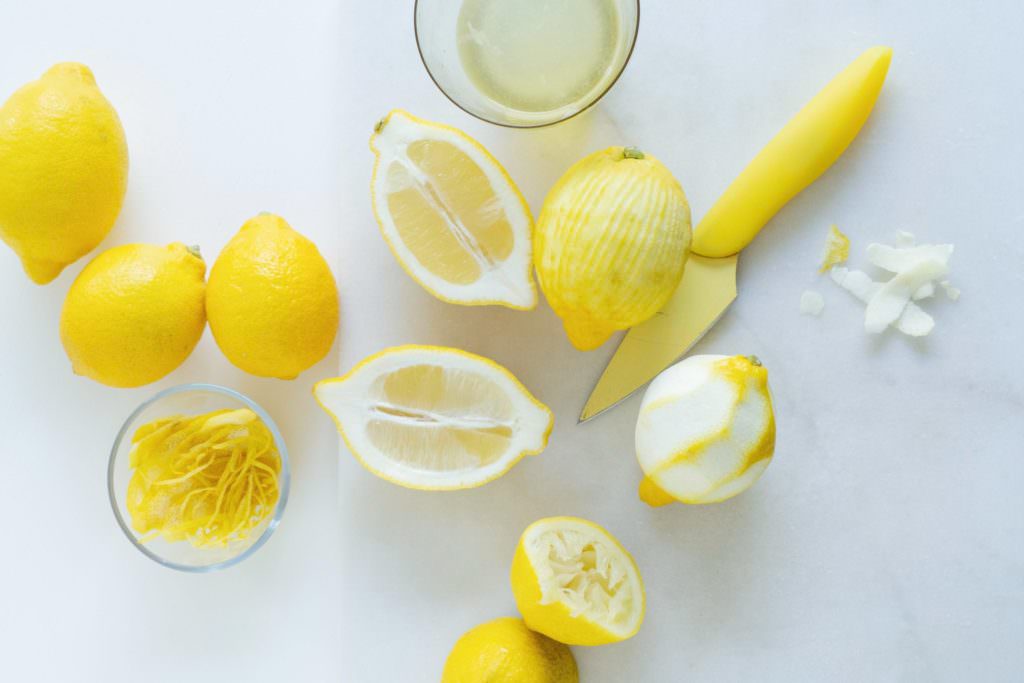
2 Comments
Olga
Good article! I would also like to know what's your view on a sunflower oil and should it be used for frying? Also I believe there is such a things refined and non-refined oil. If refined, I would imagine it is better suited for higher temperature and the smoke point gets higher. Would you be able to provide more insight?
May Simpkin
Sunflower oil is not one that I choose to use; I'm a fan of the ones listed in the article!